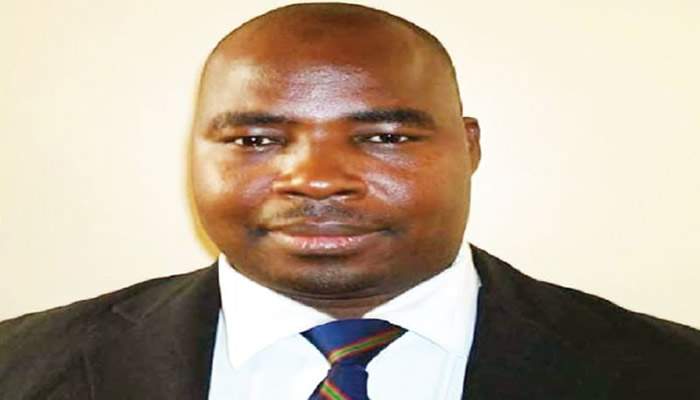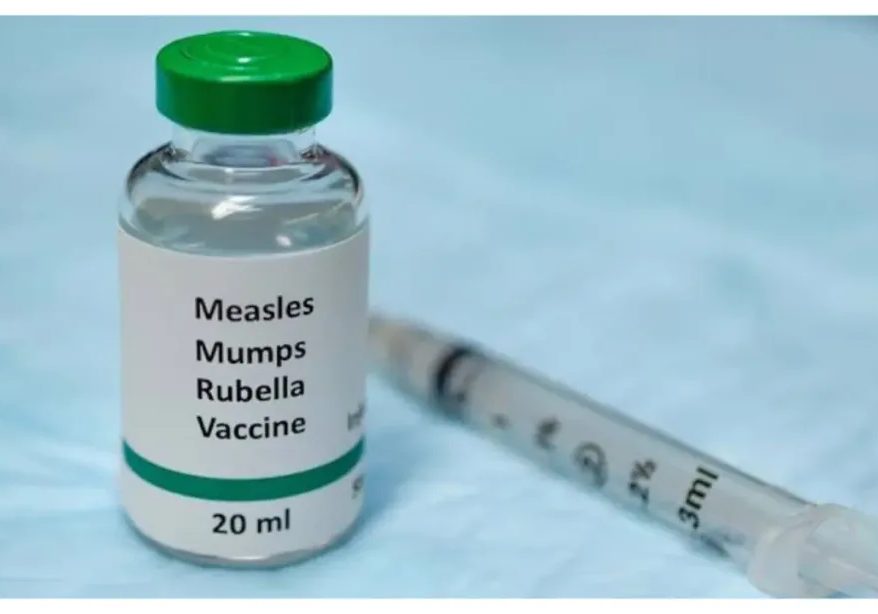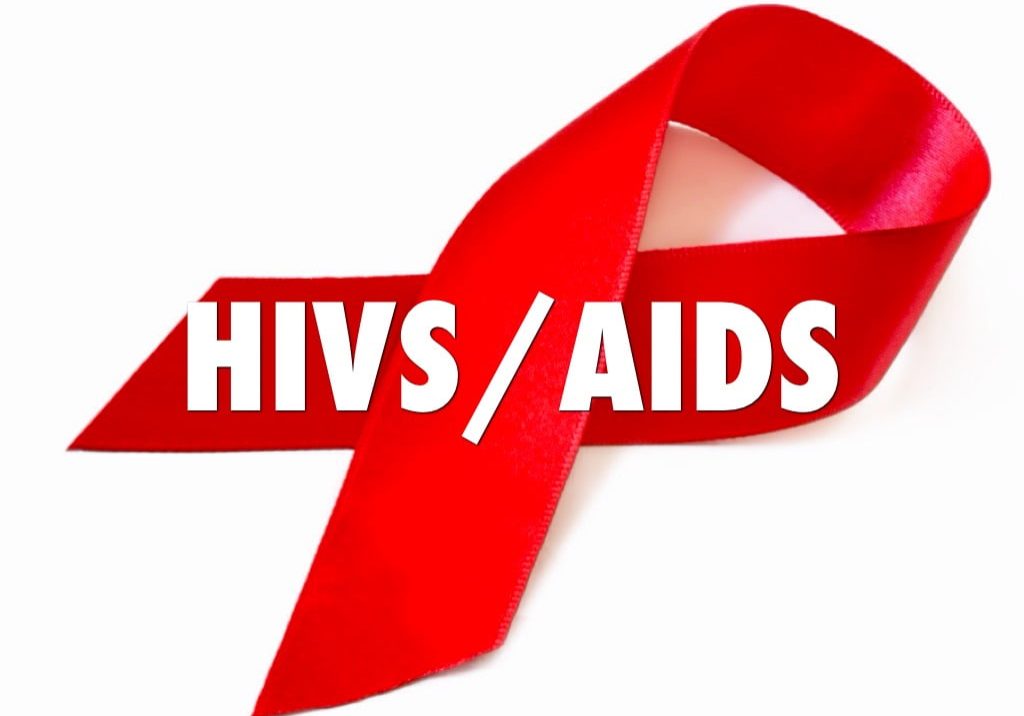Blood in the Stool: A Silent Killer Worth Ignoring?
As we go about our daily lives, it’s easy to ignore minor bodily functions like bleeding in the stool. However, for one prominent Nigerian physician, this symptom should never be taken lightly. Professor Aminu Mohammad, President of the Medical and Dental Consultants Association of Nigeria, is sounding the alarm on the dangers of ignoring rectal bleeding, which could be a sign of a serious health condition, including colorectal cancer.
According to Professor Mohammad, a paediatric surgeon, rectal bleeding should not be underestimated, particularly if it is persistent or accompanied by other symptoms like weight loss, fatigue, or changes in bowel habits. In an exclusive interview with PUNCH Healthwise, he emphasized that ignoring rectal bleeding or attributing it to minor issues like haemorrhoids can delay the diagnosis of serious conditions.
Colorectal cancer is a significant concern when it comes to rectal bleeding, as it often starts with polyps in the colon or rectum that can bleed and cause symptoms. If left untreated, these polyps may eventually develop into cancer, which is one of the leading causes of cancer-related deaths globally.
Professor Mohammad stressed that the nature and colour of the blood can provide important clues about the location and cause of the bleeding. While rectal bleeding can result from a range of conditions, including haemorrhoids, anal fissures, diverticulosis, and inflammatory bowel diseases, early intervention can significantly improve outcomes, particularly in cases of colorectal cancer.
To determine the cause of rectal bleeding, the surgeon recommends engaging in several diagnostic procedures, including physical examination, stool test, endoscopy, and imaging studies. Early diagnostic procedures like colonoscopy can help identify the cause of bleeding and determine the appropriate course of action.
Professor Mohammad emphasized the importance of not self-diagnosing and consulting healthcare professionals for a thorough examination. While regular screenings, especially for individuals over the age of 30 or those with a family history of colorectal cancer, are crucial, maintaining a healthy lifestyle, including a balanced diet rich in fibre, regular exercise, and avoiding smoking, can also contribute to reducing the risk of colorectal cancer.
Inadequate healthcare infrastructure and financial constraints often lead individuals to seek help only when symptoms become severe, which can impact the management and outcomes of rectal bleeding. Therefore, it’s essential to take this symptom seriously and consult a healthcare provider for a proper diagnosis. Early intervention can be life-saving.
In conclusion, Professor Mohammad’s warning highlights the importance of not ignoring rectal bleeding, no matter how mild or intermittent it may seem. By consulting a healthcare professional and undergoing the necessary diagnostic procedures, individuals can take control of their health and reduce the risk of serious complications.









